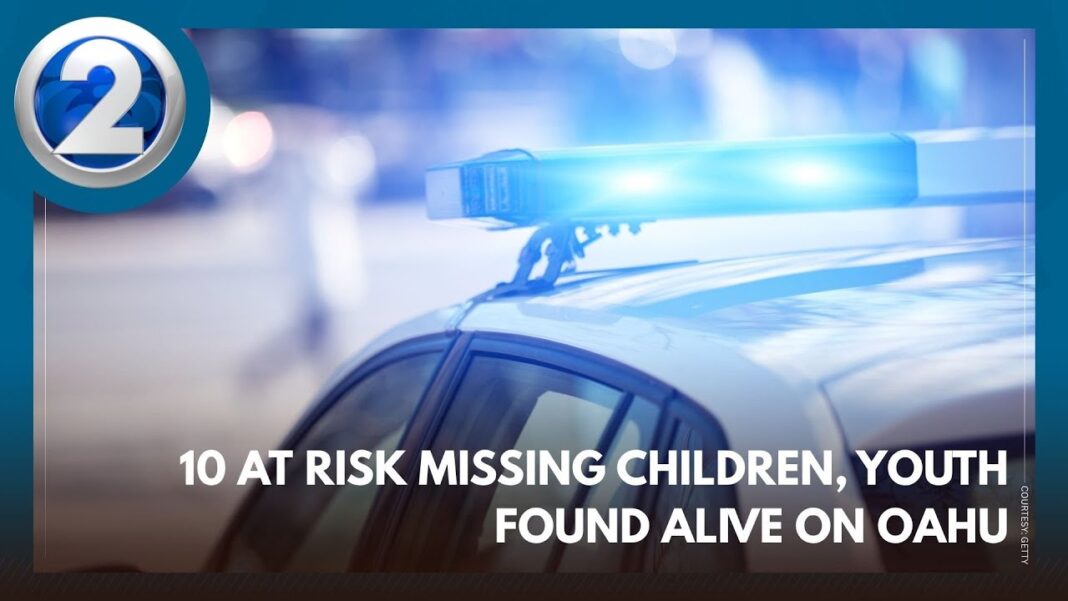In the legitimate world the words “constitutional crisis” used to carry real weight. They were reserved for moments of genuine national peril, when the balance of power was in question or jeopardy, when leaders actually defied the limits of law, or when the stability of our Republic hung by a thread. Today, those words have been stripped of meaning through overuse and political manipulation. They are shouted from podiums, printed in headlines, and echoed across social media any time one party disagrees with the other. What was once a term of solemn warning has become a slogan of convenience, deployed to stir outrage rather than to inspire vigilance.
The irony, of course, is that the very people who cry “constitutional crisis” the loudest are often the ones who seem to least respect the Constitution itself. Every nomination, every executive order, every piece of legislation, every investigation, every vote, all are met with the same recycled phrase: “This is a constitutional crisis!” Yet the Republic stands, the laws function, and the institutions endure. The overuse of the phrase has turned it from a signal of danger into background noise. Like the boy who cried wolf, the political class has cried “crisis” so many times that when a true threat arises, their warnings will fall on deaf ears.
The Real Meaning of Crisis
A constitutional crisis is not simply a political disagreement. It is not the loss of an election, the confirmation of a judge, or the passage of a law one happens to oppose. A true constitutional crisis occurs when the Constitution itself no longer provides a clear or functional answer to a problem, or when those in power openly defy it. Historically, that bar has been extraordinarily high. The secession of Southern states before the Civil War was a constitutional crisis. The refusal of a president to obey a Supreme Court ruling would be a constitutional crisis. An attempt to suspend elections or abolish the courts would be a constitutional crisis. But a policy debate over taxes, immigration, or executive authority, no matter how contentious, does not qualify.
Yet in the modern political landscape, that distinction has been erased. The term has become a tool of emotional persuasion rather than factual description. When everything is labeled a crisis, nothing truly is. The word is now used to delegitimize lawful political processes simply because the outcome does not favor one side. It is a tactic of dramatization designed to frighten voters, dominate headlines, and frame opposition as existential evil rather than ordinary disagreement.
The Politics of Perpetual Panic
Fear is a powerful motivator, and modern politics has learned to monetize it. Entire movements are now sustained by keeping their supporters in a constant state of alarm. The left, in particular, has mastered the language of perpetual crisis. When a Republican president enforces immigration law, it is a constitutional crisis. When a conservative judge interprets the Constitution according to its text, it is a constitutional crisis. When a state passes legislation that differs from progressive orthodoxy, it is a constitutional crisis. Basically, when something happens that the left doesn’t like, it’s a constitutional crisis. The pattern is predictable: disagree, declare disaster, and demand power as the solution.
This habit of exaggeration is not just tiresome; it is dangerous. A nation that lives in constant panic loses the ability to discern real danger. The credibility of warnings depends on restraint. When every act of governance is portrayed as a prelude to tyranny, the public grows desensitized, skeptical, and ultimately indifferent. The same commentators who cry “democracy is dying” at every election are creating the very cynicism they claim to oppose. The public eventually stops listening, assuming that each new alarm is as baseless as the last. That is the moral of the boy who cried wolf, and it is being played out daily in our national discourse.
Weaponizing the Constitution
The left’s tendency to redefine terms has extended to the Constitution itself. For them, the document is often treated not as a fixed foundation of law but as a flexible instrument to be reshaped according to political need. They invoke the Constitution when it serves their purposes and dismiss it when it does not. They quote its preamble to justify expansive government power while ignoring the enumerated limits that follow. They celebrate “living constitutionalism” when it allows unelected judges to create new rights, but they scream “constitutional crisis” when elected officials use the very powers that document grants them.
Consider the pattern: a president exercises lawful authority, issuing executive orders, appointing judges, or enforcing existing statutes, and suddenly the same individuals who once preached “resistance” declare that the Republic is under siege. It is not the Constitution they are defending; it is their monopoly on interpretation. In their hands, “constitutional crisis” becomes a political shield, not a legal statement. It is a slogan meant to silence rather than to inform.
Media Amplification and Manufactured Outrage
The modern media environment has turned this linguistic abuse into a profitable cycle. Networks and online outlets thrive on outrage because outrage keeps audiences engaged. Each news cycle demands a new catastrophe, a new scandal, a new crisis. The term “constitutional crisis” is perfect for this purpose: it sounds authoritative, it provokes fear, and it implies that the opposing party is not merely wrong but dangerous. By labeling every political disagreement as a threat to the Republic, the media can transform routine governance into a daily cliffhanger. The truth is that most of what we are told is “crisis” is simply politics, messy, loud, and sometimes ugly, but still within the bounds of our constitutional system.
The danger of this constant drumbeat is twofold. First, it erodes public trust in institutions by making citizens believe the system is always on the verge of collapse. Second, it creates the illusion that salvation requires immediate, sweeping action, often in the form of expanded government power or curtailed liberties. Fear convinces people to surrender freedoms they might otherwise defend. Every “crisis” becomes justification for new authority, and thus the very document being invoked, the Constitution, is slowly undermined by those claiming to protect it.
The Cost of Crying Wolf
The story of the boy who cried wolf is not simply about dishonesty; it’s about consequences. The boy’s repeated false alarms desensitized the villagers until they no longer believed him when danger finally arrived. That is precisely what is happening in America today. The left has cried “constitutional crisis” so often, over so many trivial or partisan matters, that if a genuine constitutional breakdown were ever to occur, half the nation would shrug in disbelief. When every political disagreement is treated as the end of democracy, true threats lose their ability to shock.
That loss of credibility is not harmless. It breeds complacency among citizens who have grown weary of constant alarmism. It dulls the instinct to defend the Constitution when it truly matters. It also disrespects the gravity of the term itself, which should be reserved for moments of real national danger, moments when the Constitution’s meaning is genuinely in jeopardy, not merely inconvenient to one side’s agenda.
The Real Crisis We Face
Ironically, the real constitutional crisis may not be a single event at all, but a gradual erosion of respect for the Constitution’s authority. When politicians and pundits use the term as a weapon rather than a warning, they undermine the very faith in law that the Constitution is meant to preserve. The crisis is not that our institutions are failing; it is that the public is being conditioned to believe they already have. The wolf in this story is not a political party or a policy, it is cynicism itself. And it is feasting on the trust of the American people.
A republic cannot survive when its citizens stop believing in its institutions, and that disbelief is being cultivated deliberately. Every false cry of crisis weakens the public’s connection to the truth. Every exaggeration blurs the line between vigilance and hysteria. And every time the Constitution is invoked as a partisan prop instead of a national covenant, it loses a little more of its unifying power.
Restoring Perspective
If the nation is to recover from this endless cycle of panic, we must restore a sense of proportion. Not every controversy is a crisis, not every disagreement is treason, and not every political battle is the end of democracy. The Constitution was written to accommodate conflict. It assumes division, debate, and dissent. It gives us tools to resolve differences through law, not violence, through elections, not revolutions. When we treat every challenge as an existential threat, we deny the very resilience the Founders built into the system.
It is time to reclaim the language of crisis for moments that truly deserve it. The Constitution has survived wars, depressions, assassinations, and impeachments. It does not shatter every time one side loses a policy fight. The real defenders of the Constitution are not those who panic at its every use, but those who trust it enough to withstand the turbulence of democracy.
The phrase “constitutional crisis” should strike fear only when it is real, not when it is politically convenient. The constant cries of impending doom from the political left have turned a solemn warning into a hollow cliché. They have cheapened the gravity of genuine constitutional danger and numbed the public to its significance. Like the villagers in the fable, Americans are beginning to tune out the endless alarms. And if the day ever comes when a true constitutional crisis arrives, the nation may find itself unprepared to respond, not because it failed to see the threat, but because it stopped believing the ones who cried wolf.
The Constitution is not fragile, but public faith in it is. Protecting that faith requires restraint, honesty, and respect for the difference between politics and peril. It requires leaders who speak truthfully about what is serious and what is not. For the health of the Republic, it is time for those who traffic in panic to put away the false alarms and let the Constitution speak for itself. It has endured for nearly 250 years, not because we fear it is failing, but because we trust that it will stand.







